Hackers are getting more sophisticated, and the ongoing coronavirus pandemic has given them the space they need to launch new and more impactful attacks. Recently, it was reported that last year broke the record for the number of sophisticated cyber assaults called zero-day attacks — and that number is climbing. Now, the Cybersecurity and Infrastructure Security Agency (CISA) along with the National Security Agency (NSA) have warned businesses to expect an increase in cybercrime stemming from Russian hacking groups exploiting wartime disruption to perpetrate increased malicious activity.
New Hack Reporting Requirements Mean Entertainment Companies Must Bolster Compliance
Topics: Managed IT, #cybersecurity, Cyberthreat, Entertainment, #cyberthreats
What Your Law Firm Must Know About Cyber Security
Like businesses in all industries, legal firms are at risk of attack from cybercriminals. But there is an added layer of responsibility that comes with providing legal advice to clients — and that is ensuring that they understand how to keep their data safe as well. In many cases, law firms provide targeted guidance to clients such as boards of directors, C-suite professionals, and others on cyber risk and how to minimize it.
Topics: #cybersecurity, #LawFirm, Cyberattack, Cloud computing, cybercrime
What Your Nonprofit Needs to Know About Cybersecurity
As we continue to move through the worldwide disruption caused by the coronavirus pandemic, we are seeing a huge uptick in the number of cyberattacks focused on small and medium-sized businesses (SMBs). What is even more ominous is that many of these organizations and non-governmental organizations (NGOs) or nonprofits that provide much-needed services to underserved populations. The reason more nonprofits are finding themselves in the crosshairs of hackers is that they have the perfect combination of attractive features: they are typically easy to breach because they do not have the resources to stay on the cutting edge of cybersecurity protocols and they handle a lot of sensitive and confidential information.
Topics: #ManagedITServices, #Nonprofit, #cybersecurity, Cyberattacks
Cybersecurity on a Budget — How to Protect Your Small Business
Cyberattacks are increasing at an alarming rate, with a global spike of 105% in ransomware attacks alone in 2021 across all industries, with the health care industry experiencing a 755% increase in overall activity by cybercriminals. Data breaches are becoming increasingly common, with large enterprises such as Solar Winds and others making headline news. As a small business, you may be tempted to breathe a sigh of relief, thinking that you are too insignificant to warrant attention from hackers.
Topics: #cybersecurity, SmallBusinesses, Cyberattacks, Hackers
How Managed Services Can Help Keep Nursing Homes Safe from Hackers
Back in 2019, over one hundred nursing homes were without health data and payroll information due to a cyberattack after a ransomware attack where cybercriminals demanded $14 million in payouts to return full use of affected systems to the facilities. Everything from telephone services, electronic billing and payroll management to the ordering of medications and management of electronic health records (EHRs) was affected, leaving the nursing homes — and their patients and staff — at a great disadvantage.
Topics: Managed IT, #cybersecurity, #NursingHomes, Managed services, MSP, adult care, retirement
Cybersecurity and Manufacturing: What You Need to Know in 2022
Over the past few years, the manufacturing industry has been targeted by cybercriminals — from the well-known SolarWinds hack to the attack on one of the largest meat processing companies in the world. The increasing focus on manufacturers by cybercriminals is down to the industry’s growing reliance on digital tech and their move toward a digital transformation. With more than a third of manufacturers realizing better business value from spending on IT, digitalization is proceeding at warp speed which is both good — and bad.
Topics: #Manufacturing, #cybersecurity, Cyberattacks, Hackers, cybersecurity and manufacturing
Exploring Leading Edge Trends in Health IT for 2022
It’s no surprise that the ongoing pandemic has encouraged the swift adoption of a more digitized environment across many industries, but in healthcare in particular. Due to an increased need for virtual appointments, telemedicine has leaped to the forefront of healthcare decision-makers to-do lists, followed by a number of new ways to make healthcare more accessible to all through digital means.
Topics: healthcare, #cybersecurity, Data Management, telemedicine, health IT
Can Healthcare Organizations Provide Both Personalization and Privacy? With Managed IT, the Answer is YES
A new generation of healthcare consumers are demanding better care. Not only do they want access to high quality care, but they also want a more personalized health care experience. This importance of personalized engagement has only increased during the coronavirus pandemic, a trend that outlines the changing face of healthcare and the eagerness of consumers to engage with caregivers in a more open and positive way. Research from McKinsey shows the following trends are guiding personalization demands in the healthcare industry:
Topics: document management, Managed IT, #managedservices, #ManagedITServices, #cybersecurity, MSP
Why Cybersecurity is Critical for Your Dental Practice
The transformation of manual processes to digital has been growing in the healthcare industry for years, and dentistry is no different. Digitizing not only workflows, but also the patient experience helps dental practices to become more competitive and more productive while offering a higher level of patient care to clients. From scheduling and billing to radiography and digital dentistry, dental offices are shifting their priorities from a manual world to one filled with leading-edge technology tools.
Topics: #cybersecurity, #dentalpractices, #dentaldata, #cyberthreats
How to Avert a Catastrophe with a Strong Disaster Recovery Plan
Hackers are targeting healthcare operations — and nursing homes in particular — to disrupt operations and force payouts to ransomware demands. By locking up access to electronic health records (EHRs), malicious actors can interfere with critical care, billing, the processing of test results, and more — all of which can be devastating to the nursing home and the patients they serve. In fact, any element of operations that is tied to IT-based infrastructure is at risk, so even phone systems, accounting functions, and building access and security can be shut down.
Topics: #managedIT, #cybersecurity, #DisasterRecovery, #NursingHomes, Cyberattack, seniorcarefacilities, disasterrecoveryplan

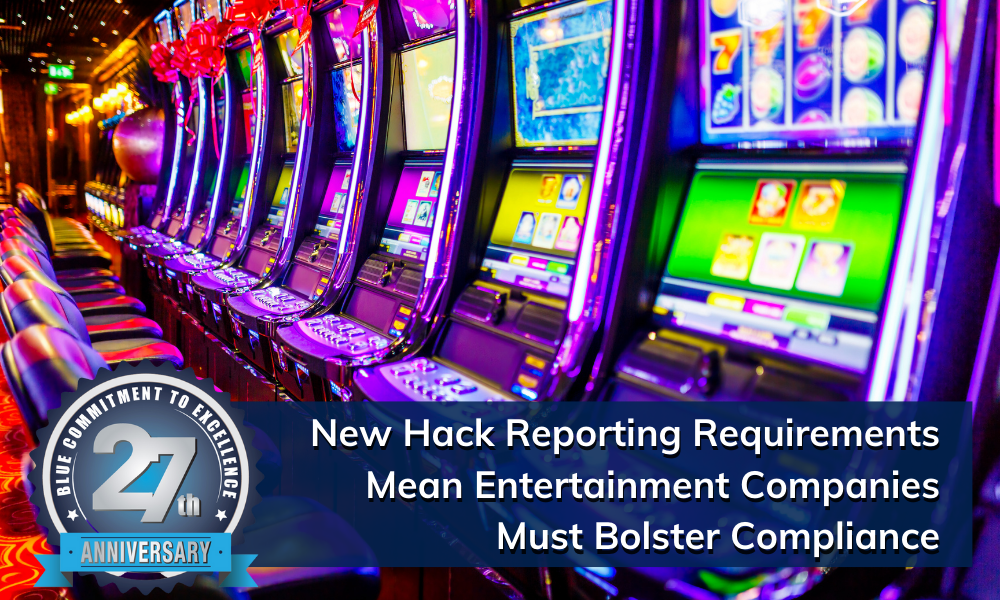
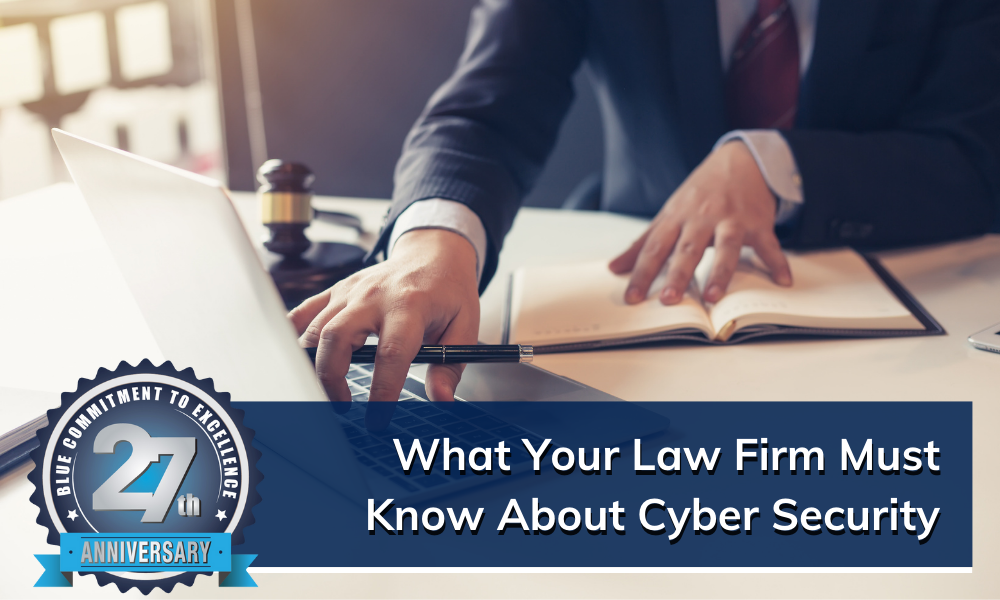
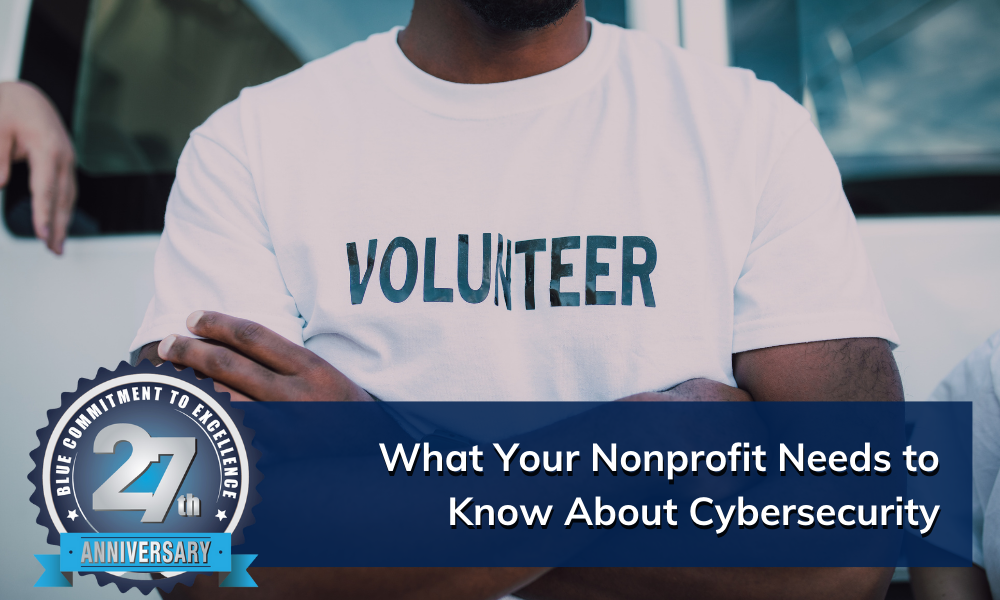
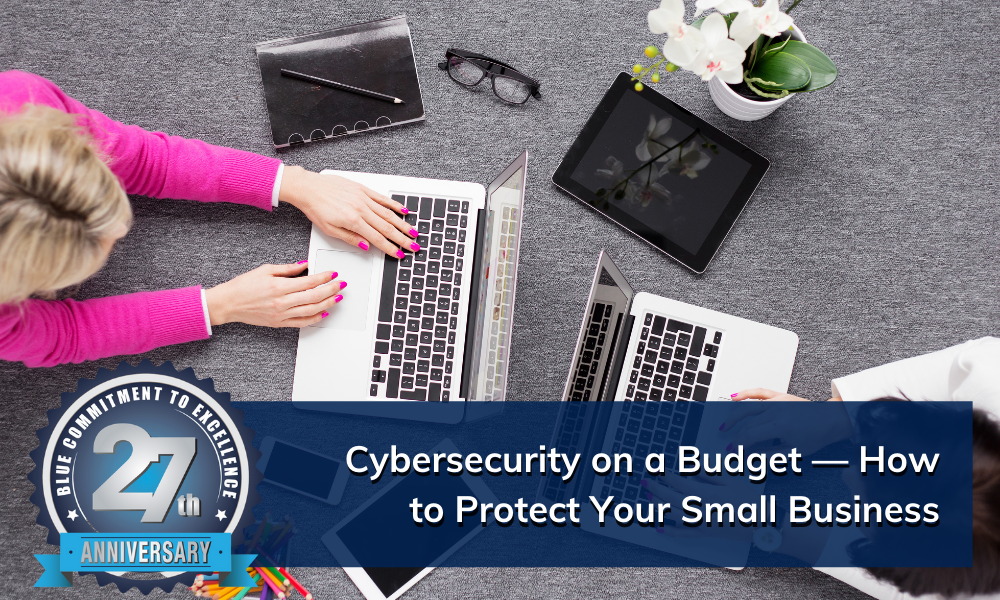
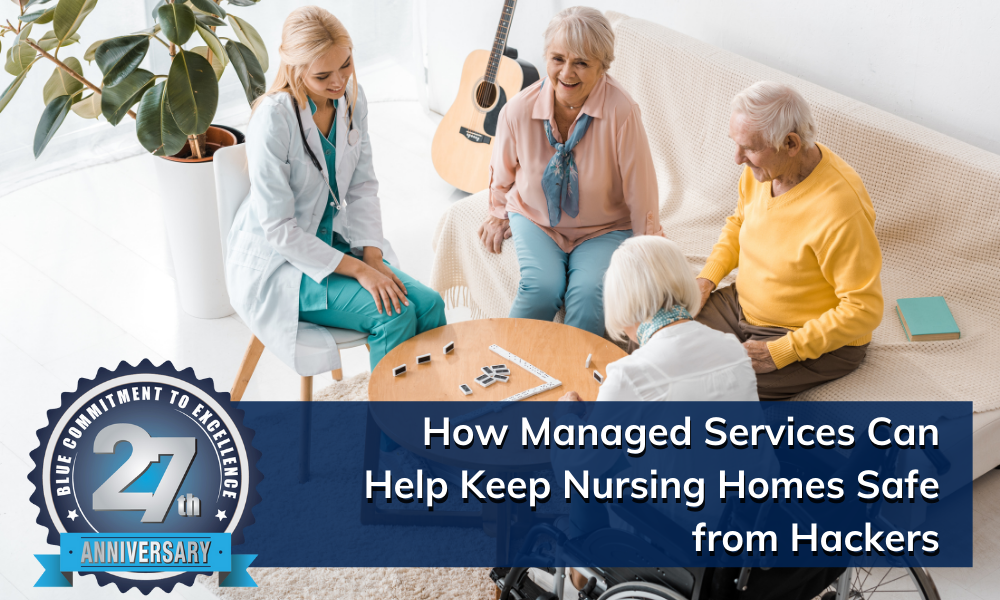
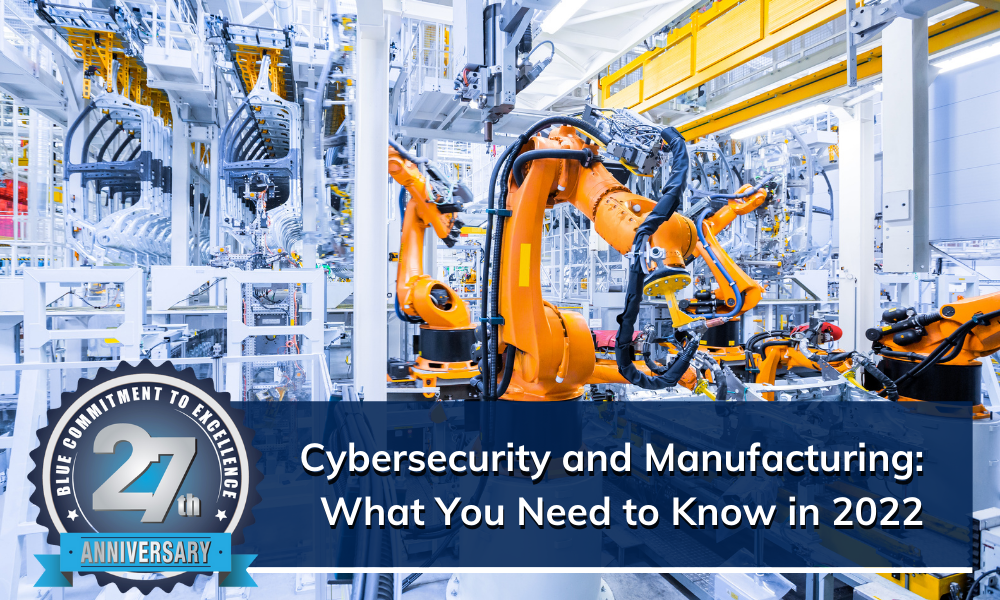
.png)

.png)


